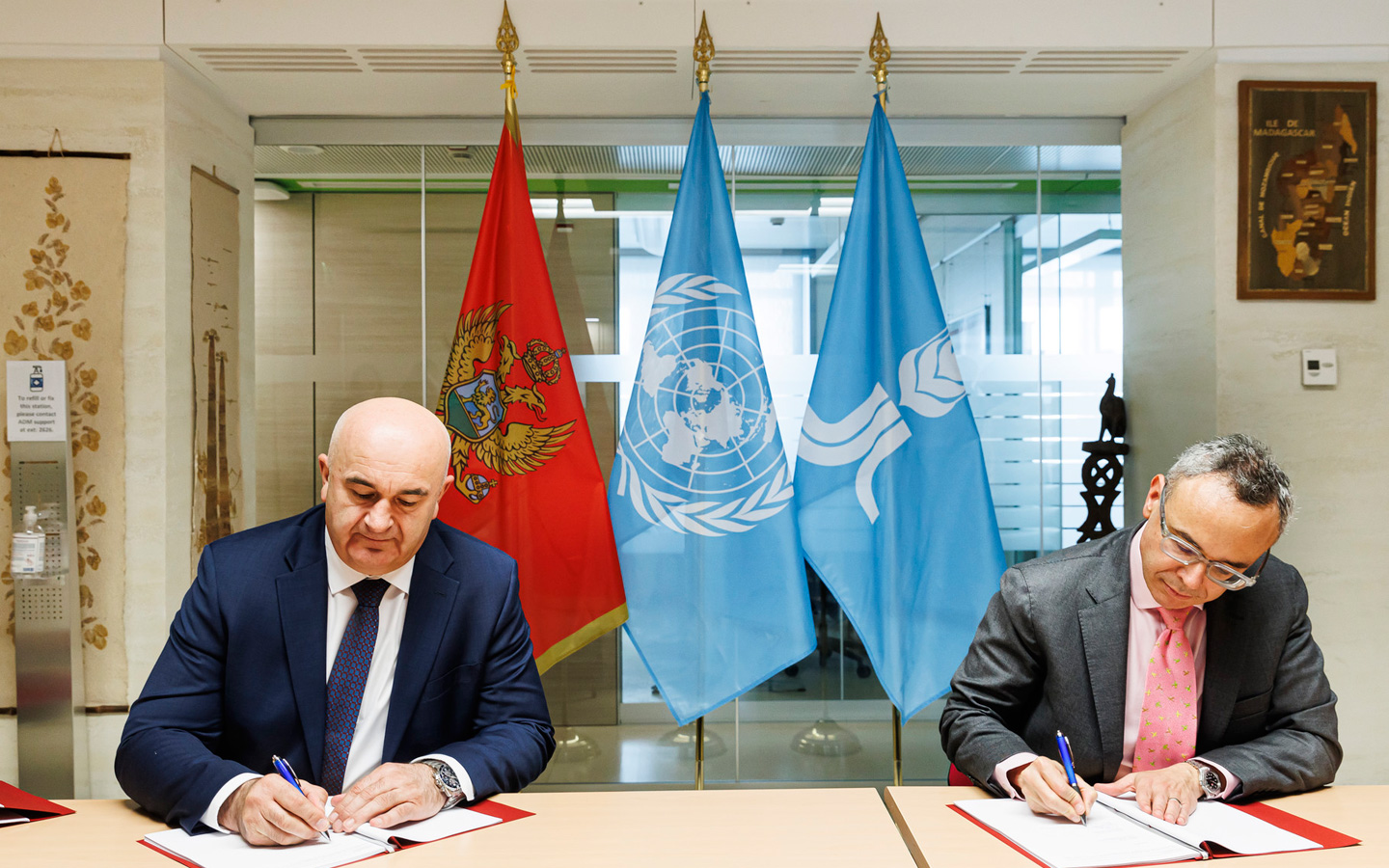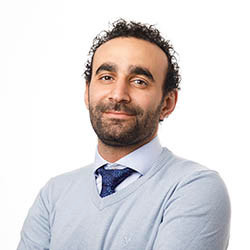IFAD and Montenegro sign financing agreement to support climate adaptation in Northern mountainous areas
IFAD Asset Request Portlet
Publicador de contenidos
IFAD and Montenegro sign financing agreement to support climate adaptation in Northern mountainous areas
19 marzo 2024
Rome, 19 March 2024 - Amid growing climate challenges in Montenegro, the International Fund for Agricultural Development (IFAD) signed an agreement with the Government of Montenegro to finance the Adaptation to Climate Change and Resilience in the Montenegrin Mountain Areas project (GORA). The project aims to support small-scale farmers and rural communities to cope with the effects of a changing climate. As a major assembler of finance in the agricultural development sector, IFAD has leveraged a US$10 million Adaptation Fund grant to finance GORA, which targets 14 municipalities in the Northern mountainous areas of the country.
“The geographical location, topography and the socio-economic characteristics of Montenegro -especially the mountainous areas - make it vulnerable to the impacts of climate change. Together with our Montenegrin partners, we are developing strategies to improve the resilience and livelihoods of small-scale farmers and producers. We are also boosting post-harvest infrastructure, and ecosystems in the face of climate change,” said Dina Saleh, IFAD Regional Director, Near East, North Africa, Europe and Central Asia Division.
Mountain ecosystems are crucial for water resources and carbon storage, yet they are highly susceptible to the impacts of climate change. Accelerated snowmelt disrupts water flows, leading to flash floods downstream and water deficits upstream, affecting water availability year-round. Rising temperatures and intensified droughts heighten the probability of forest fires and degrade natural resources, increasing the risk of landslides and impacting infrastructure. Small-scale producers in mountainous regions are particularly vulnerable to these outcomes, due to limited resources and infrastructure.
GORA aims to enhance ecosystem and smallholder livelihood resilience in northern Montenegro by promoting sustainable and climate-resilient practices. By fostering collaboration among stakeholders and providing training on agroecological approaches, the project aims to increase income-stability and promote diverse production systems. Local stakeholders will be engaged in mapping climate vulnerabilities and developing adaptation strategies, including investments in infrastructure and water storage.
“While for IFAD US$10 million may not be a huge amount of money, for us it is very significant as it allows to reach out to small-scale producers in remote areas and help them to engage in sustainable activities,” said Vladimir Jokovic, Minister of Agriculture, Forestry and Water Management, Montenegro. “This project will support our efforts to increase production and show the economic viability of these areas, which are affected by the migration of rural people and youth to the Central and Southern parts of the country.”
“GORA will build on the success of IFAD’s Rural Clustering and Transformation Project (RCTP) in Montenegro, which supported 5,889 rural households between 2017 and 2023. The project reached outstanding results and could draw critical lessons on how to help small farmers adapt to climate change.” As said by Juan Carlos Mendoza, Director, Environment, Climate, Gender and Social Inclusion Division, IFAD.
GORA is IFAD’s second project in Montenegro after the completion of RCTP last year. The project will target up to 12,500 households, of which 50% are women and 30% are youth.
Read more about IFAD’s work with women and youth in Montenegro.
Press release No.: IFAD/22/2024
IFAD is an international financial institution and a United Nations specialized agency. Based in Rome – the United Nations food and agriculture hub – IFAD invests in rural people, empowering them to reduce poverty, increase food security, improve nutrition and strengthen resilience. Since 1978, we have provided more than US$24 billion in grants and low-interest loans to fund projects in developing countries.
A wide range of photographs and broadcast-quality video content of IFAD’s work in rural communities are available for download from our Image Bank.
